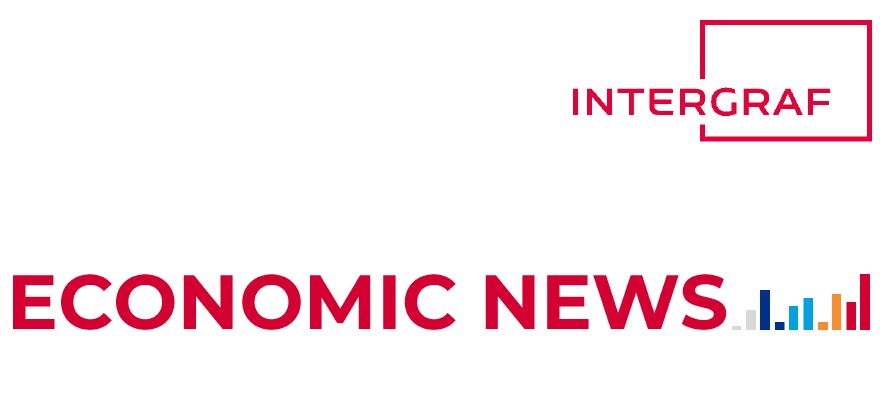7 January 2011
What are "adequate procedures" to prevent bribery under the Bribery Act 2010?
A commercial organisation commits a criminal offence under s.7 of the Bribery Act 2010 (which will come into force in April 2011) if it fails to prevent bribery that is intended to obtain or retain business, or an advantage in the conduct of business, for the organisation. An organisation will have a defence to this corporate offence if it can show that it had in place "adequate procedures" designed to prevent bribery by or of persons associated with the organisation.
The Act does not define "adequate procedures", but it requires the Government to publish guidance on this. The official guidance has not yet been published, but a letter from the former Parliamentary Under Secretary of State (Ministry of Justice), in relation to the passage of the Act through Parliament, highlighted the key areas that a court is likely to consider when deciding whether or not "adequate procedures" were in place. It suggested that the following factors would be relevant:
-
The board of directors should take responsibility for establishing a culture within the company in which corruption is eradicated.
-
A senior officer should be directly accountable for oversight of the anti-corruption programme.
-
The organisation should have a clear and unambiguous ethical code of conduct that includes an anti-corruption element
-
Procedures should be established to assess the likely risks of corruption arising.
-
The organisation should have employment procedures in place relating to corruption such as the vetting of employees; contractual obligations and penalties; and suitable disciplinary procedures.
-
The organisation should implement a policy on gifts and hospitality.
-
Anti-corruption training should be provided to all relevant employees.
-
Due diligence should be carried out before entering any business relationship or project.
-
The decision-making process should require a senior individual to make any decision where there is a risk of corruption.
-
Financial controls should be in place to minimise the risk of corruption.
-
Procurement and contract management procedures should minimise the opportunity for corruption.
-
Procedures should be in place for the reporting and investigation of potential corruption.
 Pay Review Data, Wage Benchmarking and Cost of Living – MAY 2024 UPDATE
Pay Review Data, Wage Benchmarking and Cost of Living – MAY 2024 UPDATE
16 May 2024
We have collated data from multiple sources that should be useful for BPIF members that are approaching internal pay reviews, and/or are having a closer look at their pay and benefits structure. The datafile, first published in February 2023, has been updated with the latest available data - and additional content on factors exerting pressure on pay settlements in 2024.
 Intergraf Economic News (Paper Prices) - April 2024
Intergraf Economic News (Paper Prices) - April 2024
19 April 2024
Access the latest edition of the Economic Newsletter for the European Printing Industry for data on paper consumption, and pricing data for pulp, paper and recovered paper.
The BPIF is the printing industries champion. By becoming a member you join a diverse and influential community. We help you solve business problems, connect you to new customers and suppliers and make your voice heard in government.
Call 01676 526030










